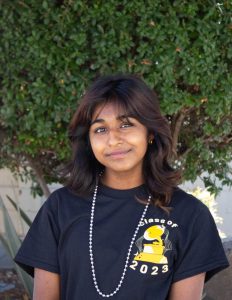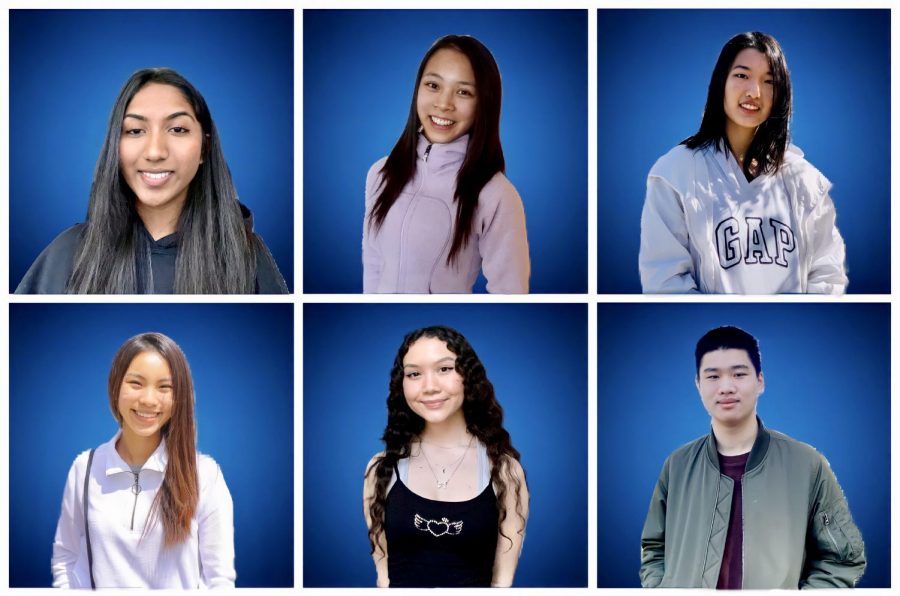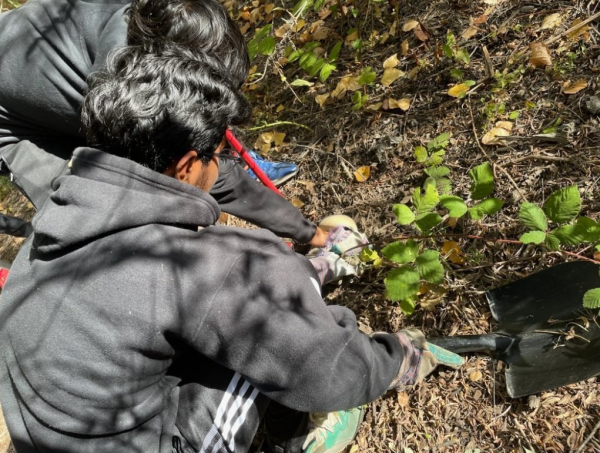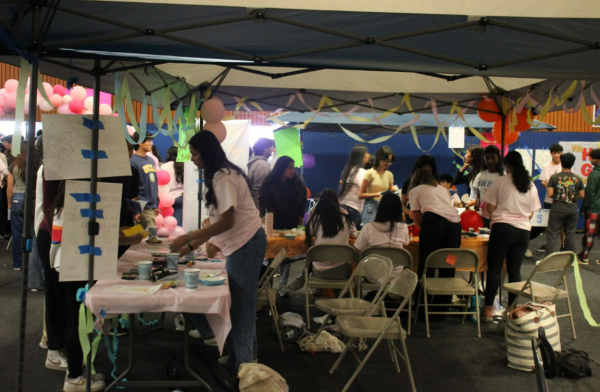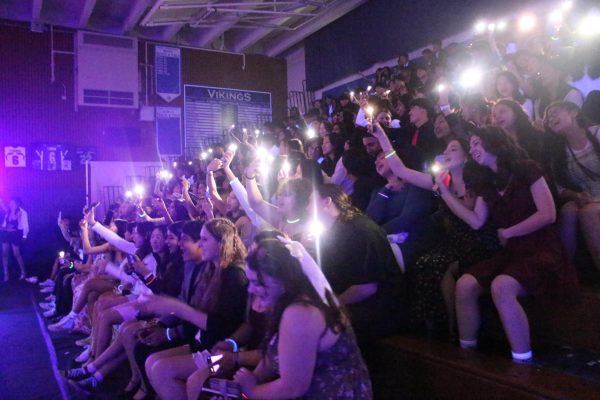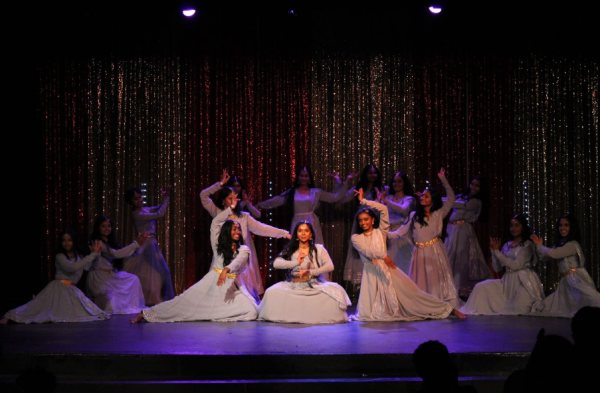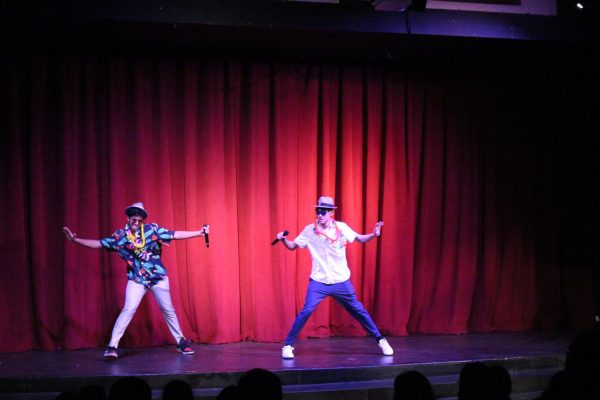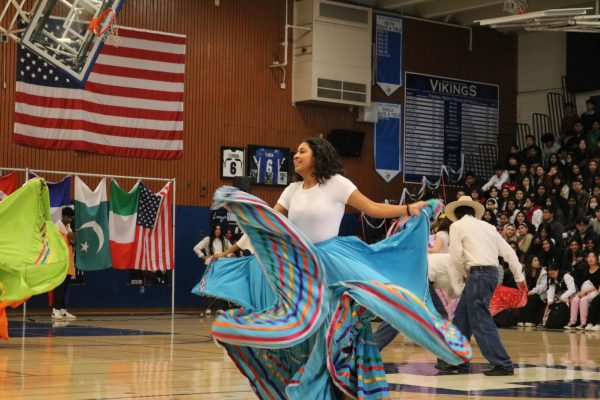The Endurance of Clubs during COVID-19
Since the FUSD school district came to the decision to postpone the start of in-person school till fall of 2021, clubs have since continued to run virtually. The wait for the decision has caused many clubs to consider what they would do in case of a sudden transition. Club leaders are now deciphering how to create a smooth transition from online school club matters to in-person events.
Irvington Young Scientists Journal, a research club which started in the winter of 2020, found it more difficult to reach out to students when they first started than if they had been in person. For YSJ, this was counteractive to the mission of the club, which was to bring scientific writing to a larger community in Irvington.
However, IHS FCSN Neurodiversity found that positive opportunities could come out of online school too. They held a 3-hour “Neurodiversity Movie Night” with the Film Club online on a Saturday night, as this was the time many participants found themselves to be available, a time that would have been difficult with in-person school.
Matters are bound to be complicated if clubs were to return to school. Depending on the club, this transition will be smoother than others. For IHS YSJ, research meetings plan on carrying on as usual, with just the simple change of it being in physical rooms.
“We’re going to have a group split off into each corner of our advisor’s room, where we’re going to allow them to stay in their own little groups. It’s easier opposed to how it is functioning this year in breakout rooms,” Aarya Morgaonkar (10), president of YSJ, explains.
For clubs with multiple moving parts, the transition poses slight struggles. Isabelle Hsu (10), co-president of IHS FCSN Neurodiversity club, noted that coordination for certain events might pose complications in-person.
In addition to other events, such as weekly online office-hour tutoring, the FCSN Neurodiversity club held an inclusive concert showcasing both talented neurodiverse and neurotypical musicians online. “If the concert were in person, we’d probably need to book the band room or the theater in advance. There would probably be issues with keeping the place clean and putting the piano and instruments back in place afterwards,” Hsu elaborates.
Despite the normalcy of obstacles that a transition is bound to bring, most clubs at IHS find strength in their perseverance. As most clubs on campus create plans for their future, many students find themselves easing into another big change. With the sense of community that clubs bring, students always know that there is something constant to rely on no matter what.
